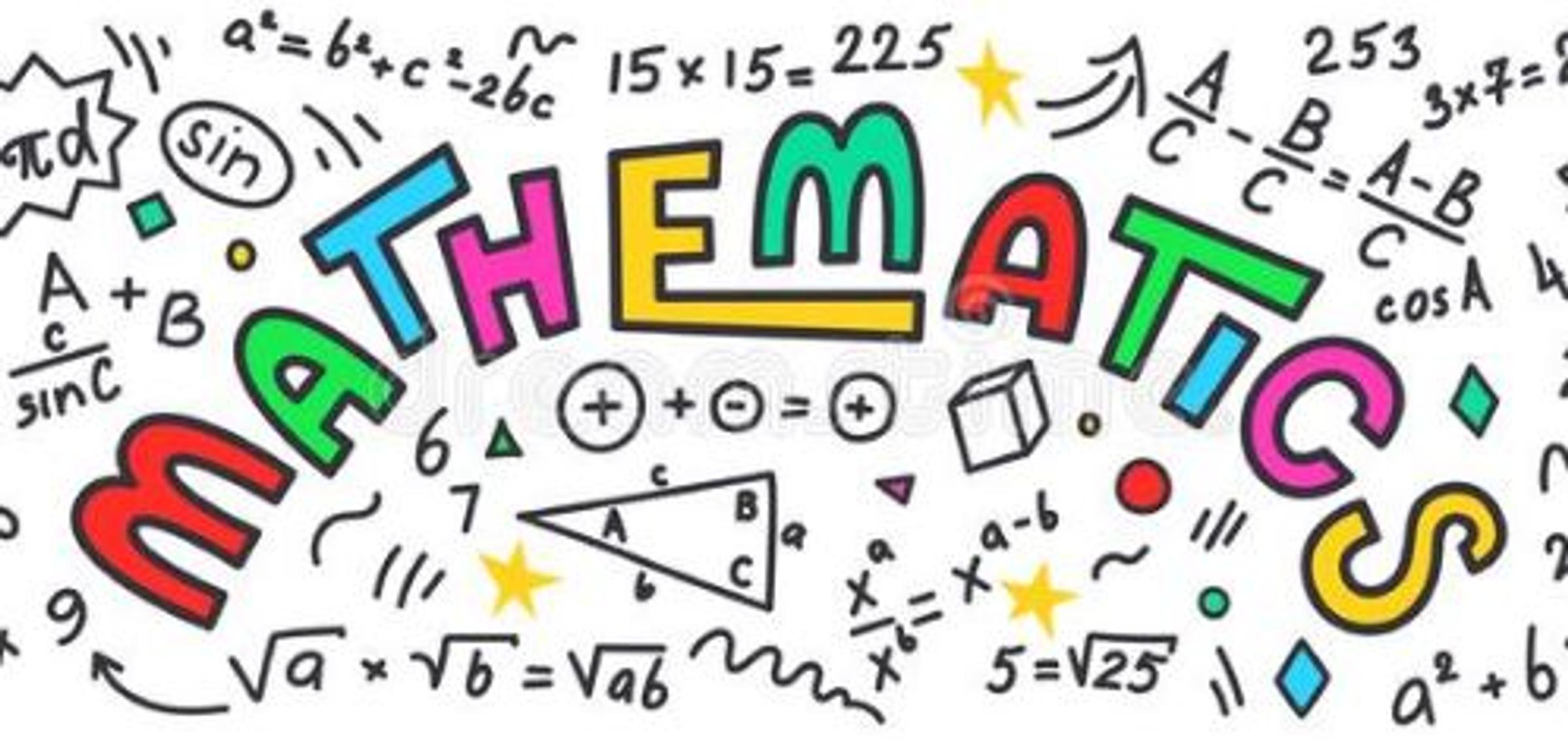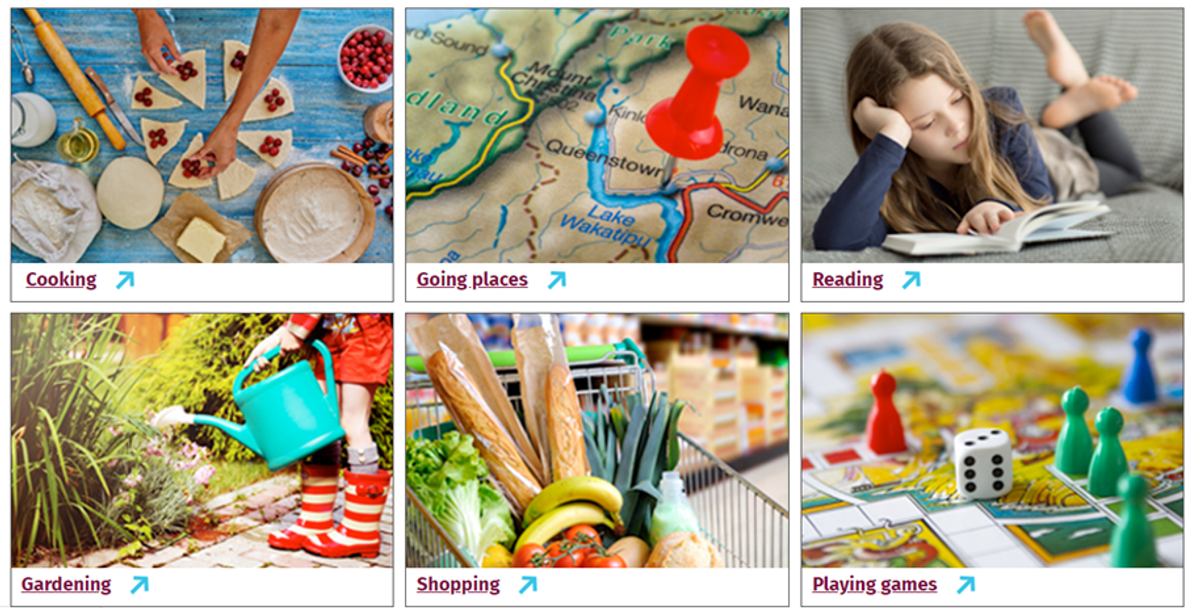Numeracy News
Colleen Monaghan

Numeracy News
Colleen Monaghan
Answers to last week’s problems:
Juniors- card 5 was the one fitting all clues
Middles/ seniors 99 divided by 9=11 was the equation
Challenge- best buy was the last clue - 30 x375mls =$20.00 with each can being 66 cents.
This week’s idea: some parents have mentioned how much this remote learning has brought their family together, playing board games, maths or otherwise, and others have sent photos of them cooking together. What is it you as a family have been doing more of during this remote learning?
Below are some other great suggestions: Maths is all around us! How much of it do we notice and do with our kids?


Cooking provides lots of opportunities for learning about maths and how to follow instructions and procedures. Younger children can help with making food and older children can learn to follow recipes or instructions on packets and cook independently. The language of fractions and measurement will come out as you talk about making things together
Going placesIt is easy to turn “going somewhere” into a maths experience by being on the lookout for numbers, shapes and patterns. These types of activities help to raise the awareness of mathematics in the environment and encourage your children to notice and figure out things. It can be practice of things they know or a challenge. A notebook in the car or in your bag can be a place where you ask them to write things down you notice as you are “going places.”
Reading with our children is an important support for their literacy learning but it can also be a wonderful opportunity to support their mathematics learning at the same time. You can choose books to read aloud that have stories about counting and shape and time. You can listen for the chances to explore maths in the books your children read to you. A trip to the library is a chance to borrow books that will provide your children with engaging stories and activities. Ask the librarian to help you find some stories with a maths focus or some counting books that will be appropriate for the age of your children. Any time we share a book with children we can draw their attention to the page numbers and the sequence. We’ve read page 14. What comes next?How many pages does this chapter have?Are we half way through the story? How do you know?If you read a quarter of this chapter book each night, how many pages will you read each night?
Gardening It’s not just dirt and worms and weeds, there are lots of numbers lurking in the garden. Spending time with our children in the garden is a wonderful experience and an opportunity to explore and learn about plants and animals and also maths!
Shopping A trip to the supermarket is a perfect opportunity to do some maths together no matter what the age your children.There is the opportunity to:
Comparison shopping and budgeting is a way to support the development of financial literacy and reading labels is a way for children to use their knowledge of percentages and weights within the context of reading charts and tables. Making good decisions based on understanding maths in a real life context is what numeracy is about.
Playing games One of the most successful ways of engaging children in mathematical thinking is to play a game with them. The playing is the fun part and the game is the place where the learning or the practicing takes place. The wonderful thing about games is that it is also fun time spent together. Playing games provides positive experiences and helps to boost confidence when children experience success. Usually when we think of “maths games” we think of card or dice games designed to practice basic facts but there are many other types of games that build confidence and understanding in lots of areas of mathematics.
Puzzles There are many different types of puzzles that are appropriate for children at different ages and stages of development. Playing with and solving puzzles can support a child’s development of both mathematical concepts and learning dispositions. Working on a puzzle, whether it’s a jigsaw, or a Rubik’s cube or a maze, teaches children to be patient and persistent and work in a logical and mindful way. Puzzles , like games, are an engaging and motivating way to encourage children to stick with a task and solve it. The experience of being successful builds confidence. Because of this, it is important to choose puzzles that are challenging but not so difficult that the child gives up.